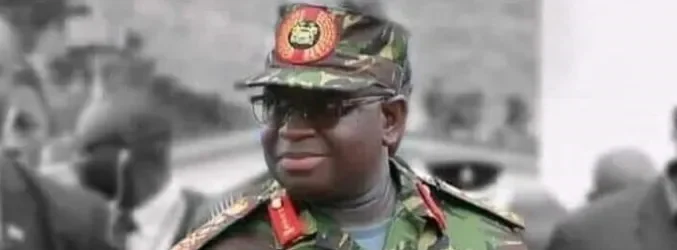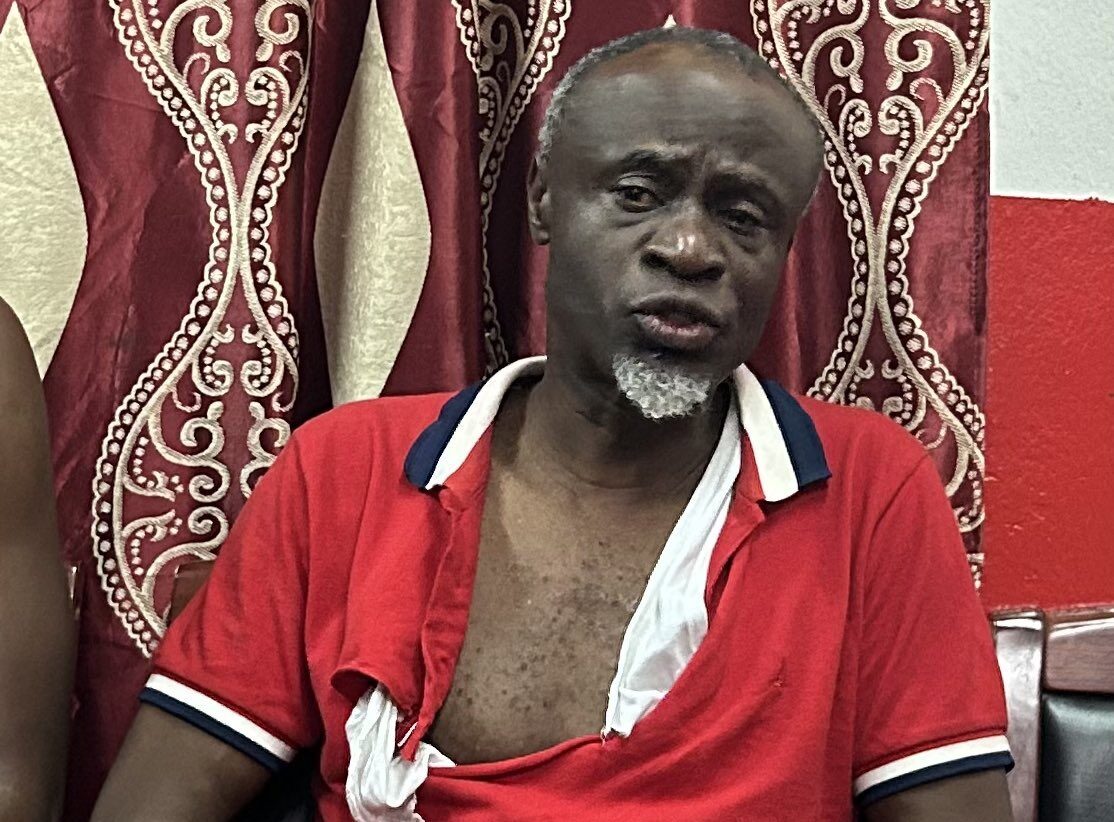QUALITIES OF A FAILED PRESIDENT…
MASSIVE POWER OUTAGE/BLACKOUT
MASSIVE PUBLIC SECTOR CORRUPTION
BAG OF RICE NLE1, 000
FUEL NL30 PER LITRE
INSENSITIVE TOLL GATE FEES
LOW MINIMUM WAGE NL800
POOR EDUCATION
POOR HEALTH
SEVERE HUNGER
By Alusine Fullah & Sulaiman Aruna Sesay
Poverty in Sierra Leone is alive and well. More than 60 percent of Sierra Leone’s population presently lives in poverty. Many people are living below the poverty line at less than $1.25 per day. The literacy rate is only 41 percent and 70 percent of young people in Sierra Leone are unemployed or underemployed as a result. The poorest people live in the Northern and Southern provinces of the country and consist mostly of landless people, particularly women in rural households.
In Sierra Leone, the issue of a minimum wage has been a subject of great concern among policymakers, labour unions and citizens. Over the last decade Sierra Leone’s economy has been witnessing a steady rise in inflation and the cost of living. Despite these developments, the country’s minimum wage of Eight Hundred New Leones – NLe800 (roughly $0.08) has remained unchanged. The inadequacy of this minimum wage has raised questions about its compatibility with the standard of living in Sierra Leone.
It is crucial to note that the current minimum wage in Sierra Leone is a major obstacle to individuals and households in terms of meeting their basic necessities. These include the cost of food, healthcare, housing, transport and education. The rate of inflation has had a heavy impact on the low-income earners in the country and, as such, many Sierra Leoneans struggle to make ends meet due to this low minimum wage.
In Sierra Leone, as with many African countries, the cost of living is on the rise, making the minimum wage very low compared to the standard of living. For instance, the price of basic commodities such as food items has been increasing steadily. The cost of a loaf of bread has risen by 26%, the price of rice by 12% and cooking oil by 16%. This means that individuals with a minimum wage of NLe800 would barely be able to afford their daily bread, let alone pay for other essentials.
One of the factors contributing to the inadequacy of the minimum wage is the fact that a large number of the country’s workforce is employed in the informal sector. These individuals work without a signed contract, insurance and other benefits. They are often not entitled to benefits such as pensions, paid holidays and sick leave, making it more difficult to cope with the already meagre earnings.
Another issue is the lack of collective bargaining. Many workers in Sierra Leone do not have the opportunity to negotiate their salaries through their unions. This means that employers have the final say on employee salaries.
While the minimum wage is not adequate, the cost of living in Sierra Leone is also very high. The country has one of the highest rates of child mortality and maternal health problems, and this has led to increasing medical demands. Health centres and hospitals are often lacking in the basic healthcare needs. This means that individuals have to purchase their own medication, making the high cost of living even higher.
It is clear that the minimum wage in Sierra Leone is not living up to the standard of living in the country. Addressing this challenge requires a multi-stakeholder approach. The government needs to take proactive steps to review the minimum wage, taking into account the rising cost of living, inflation and the dire situation low-income earners are facing.
Employers within and beyond the informal sector need to ensure that their employees earn a living wage, one that reflects the cost of living in Sierra Leone. Governments should also encourage and support the efforts of trade unions to negotiate for better wages and favourable working conditions for their members.
Public-private partnerships can be an effective way to address the existing gaps. Substantial investments in infrastructures such as healthcare, education and agricultural development can boost the country’s economy and create more job opportunities. This, in turn, would improve the standard of living of Sierra Leoneans.
The minimum wage of NLe800 in Sierra Leone is not liveable and does not reflect the current cost of living in the country. The government and other stakeholders need to proactively address this issue by reviewing and adjusting the minimum wage, investing in infrastructure and addressing the rural/urban divide. This will go a long way in alleviating poverty, increasing productivity and, ultimately, improving the lives of Sierra Leoneans.
The following qualities of an effective leader of our nation may be too idealistic, but I believe that we can still find some (if not all) of these traits in a person who is or who will be worthy to become the leader of our government.
Accountability: a good president understands that he (she) is the head of the state. When the nation falls, he acknowledges his responsibility rather than blame his subordinates. He recognizes himself as the father of the entire nation. Hence, he treats the local government unit leaders as his children, and takes responsibility in helping them whenever they face problems.
Respect: a good leader of a country respects the constitution, abides the laws, and honours the decision of the Supreme Court. He also listens and respects the views of the common people.
Cohesiveness: an effective head of the government promotes unity among his people rather than causing them to divide and have meaningless fights.
Humility: an effective president admits his mistakes and weaknesses. He also acknowledges that he’s not good at everything. That is why he leaves the other tasks to the other branches of the government, such as the legislative and judiciary bodies.
Honesty: an effective leader upholds truth and integrity. He preserves the trust and confidence given to him by the people. And of course, he doesn’t embezzle the funds of the nation.
Independence: a strong president is not a puppet. His actions are not a product of impartial decisions. He’s not manipulated by oligarchs or a few people who are thirsty of power and wealth of a nation.
Wisdom: a wise president knows how to discern right from wrong. He knows how to make the right decisions. He shows maturity of the mind. His words provide power and enlightenment to all.
Courage: a great leader of a nation has the courage to execute the decisions that he believes are right. He’s not afraid to stand and fight for righteousness for the sake of his countrymen.
Compassion: an effective president understands what his people are going through. He can feel the sufferings of the oppressed and poor people. He is not arrogant, rather he’s gentle and uplifting to people who are suffering from misery and pain.
Action: a great leader is a role model of hard work. He walks his talk and inspires his people through his actions. He makes sure that his promises are done and not broken.
Proactivity: an effective leader of a country is not insecure and reactive. Instead, he possesses intuit and initiative to create solutions for the present and future problems.
Passion: great leaders do their job with enthusiasm. They serve the public, not because they are compensated with money and fame, but because that is their mission in life.
Commitment: an effective head of the government is determined to realize his great visions and dreams for the nation. Patience and persistence manifest in him.
Love: Finally, an effective president of a country has a selfless love for his (her) people and for all the next generations. All of the qualities above are difficult to practice, but because of his love, he does his best to practice them all.













